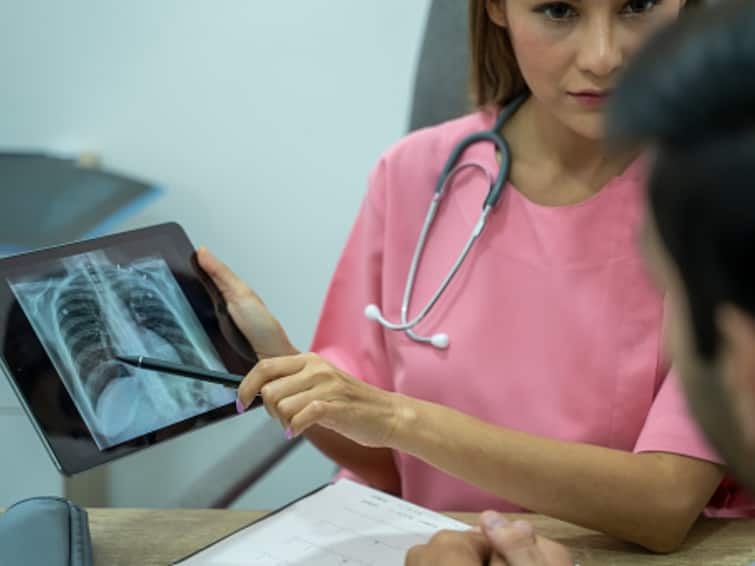
Symptoms of Tuberculosis: Tuberculosis is a serious disease that has affected many people. Many people die due to lack of timely treatment. This disease affects many parts of the body. It is an infectious disease caused by tuberculosis bacteria. TB patients should cover their mouth and nose when coughing or sneezing and should not share utensils or food and drinks with others.
TB affects the lungs the most. Apart from this, the possibility of getting TB in the brain, uterus, mouth, throat, liver and kidneys can also increase. Tuberculosis of the lungs, which spreads from one person to another through the air. This disease spreads through the droplets coming out of the mouth and nose when the patient coughs or sneezes. Patients suffering from this should use a plastic bag to spit, put phenyl in it, close it tightly and throw it in the dustbin. Spitting here and there should be avoided.
Symptoms of TB
This disease affects the lungs the most, the symptoms of which are seen in cough. This causes a dry cough with phlegm and blood. If you have a cough for two weeks or more, it is important to get tested for TB.
Sweating is the most common symptom of TB. The symptoms of this disease appear at night while sleeping or at any time when sweating occurs.
People suffering from this disease have persistent fever. Initially, the fever is low. After this, if the infection spreads further, the fever becomes more severe.
TB patients have low immunity, due to which they are unable to fight this disease. Such patients start feeling tired and weak.
When there is a problem of TB, the weight starts decreasing continuously. Along with this, such patients also start having less interest in eating.
Tuberculosis can cause breathing problems. This causes persistent coughing, which causes breathing problems. Excessive coughing can also cause breathing problems.
Survival Methods
BCG vaccine is helpful in protecting children from TB. This vaccine is given at birth or in childhood.
Hands should be washed thoroughly with soap after coughing or sneezing and before eating.
The patient should stay in a well-ventilated and well-lit room.
Wear a mask or cover your mouth with a paper towel.
 look news india
look news india

